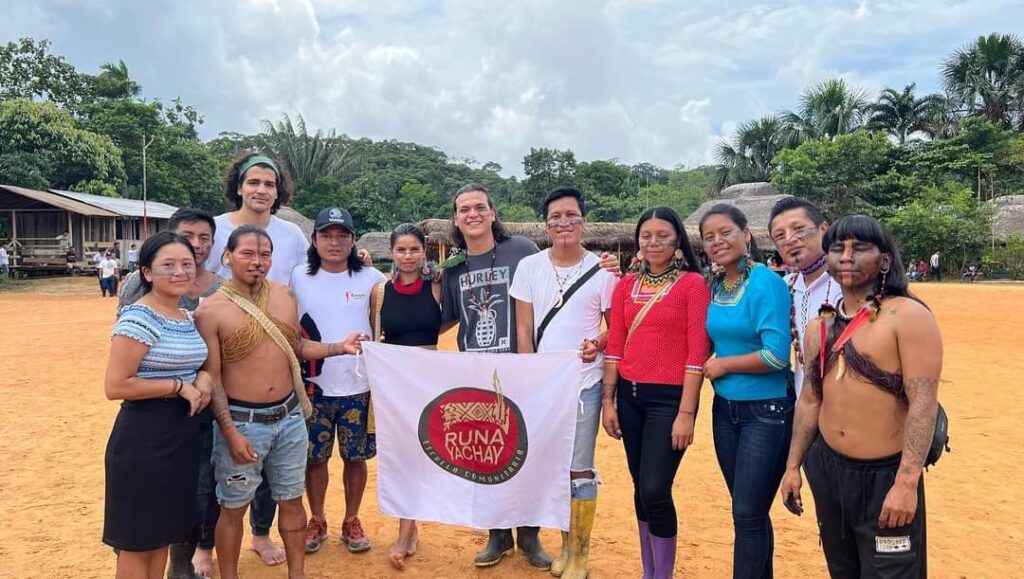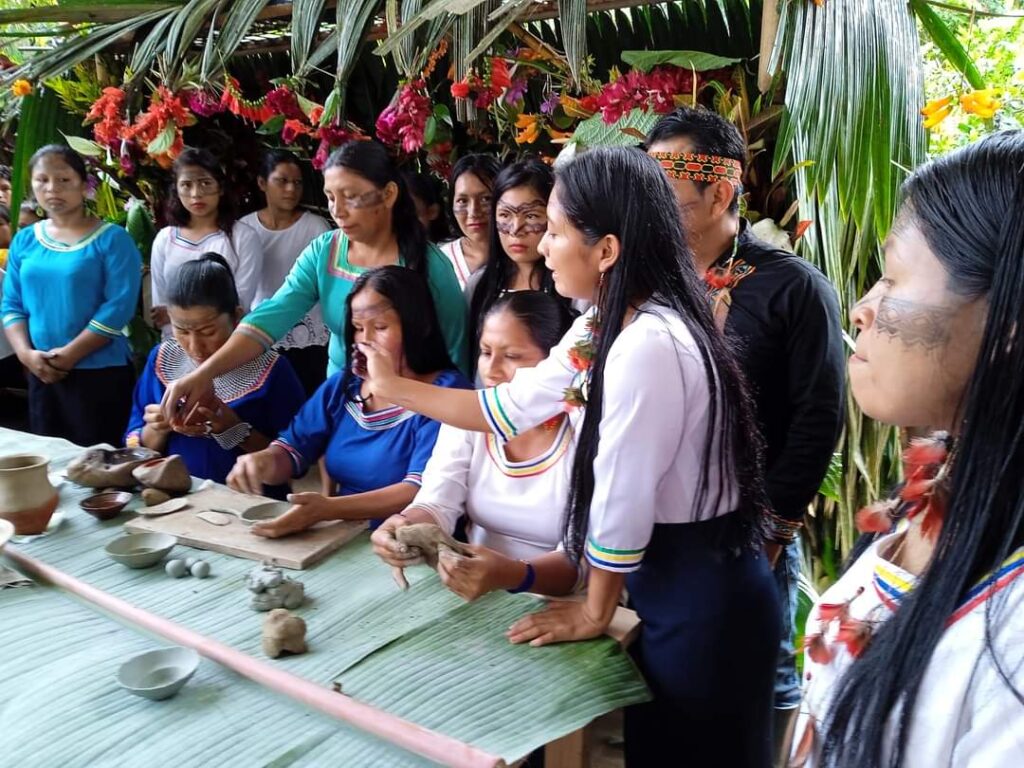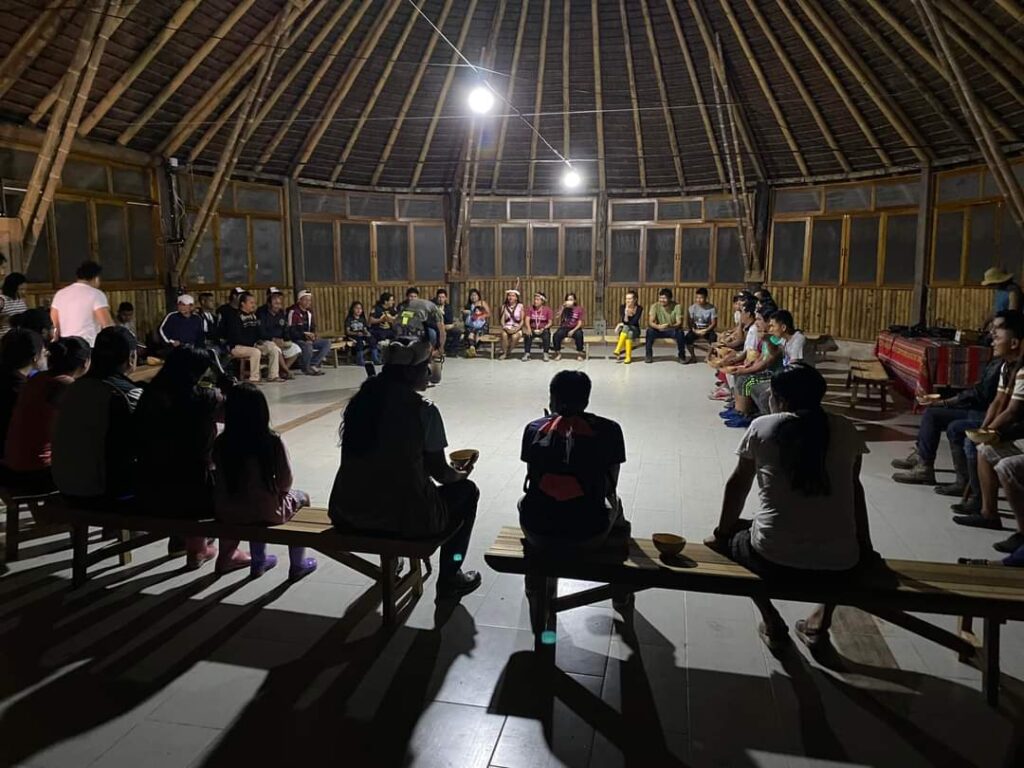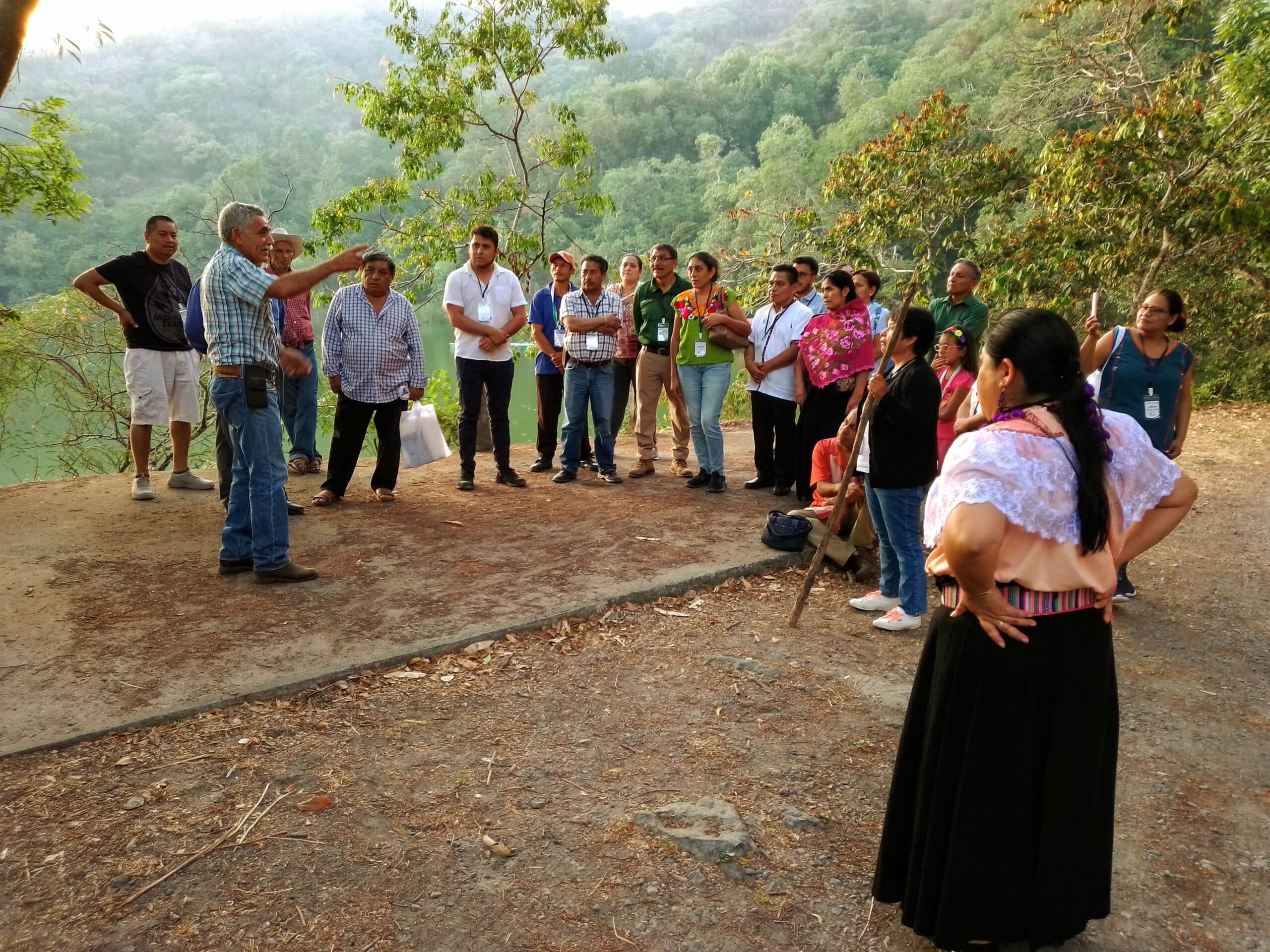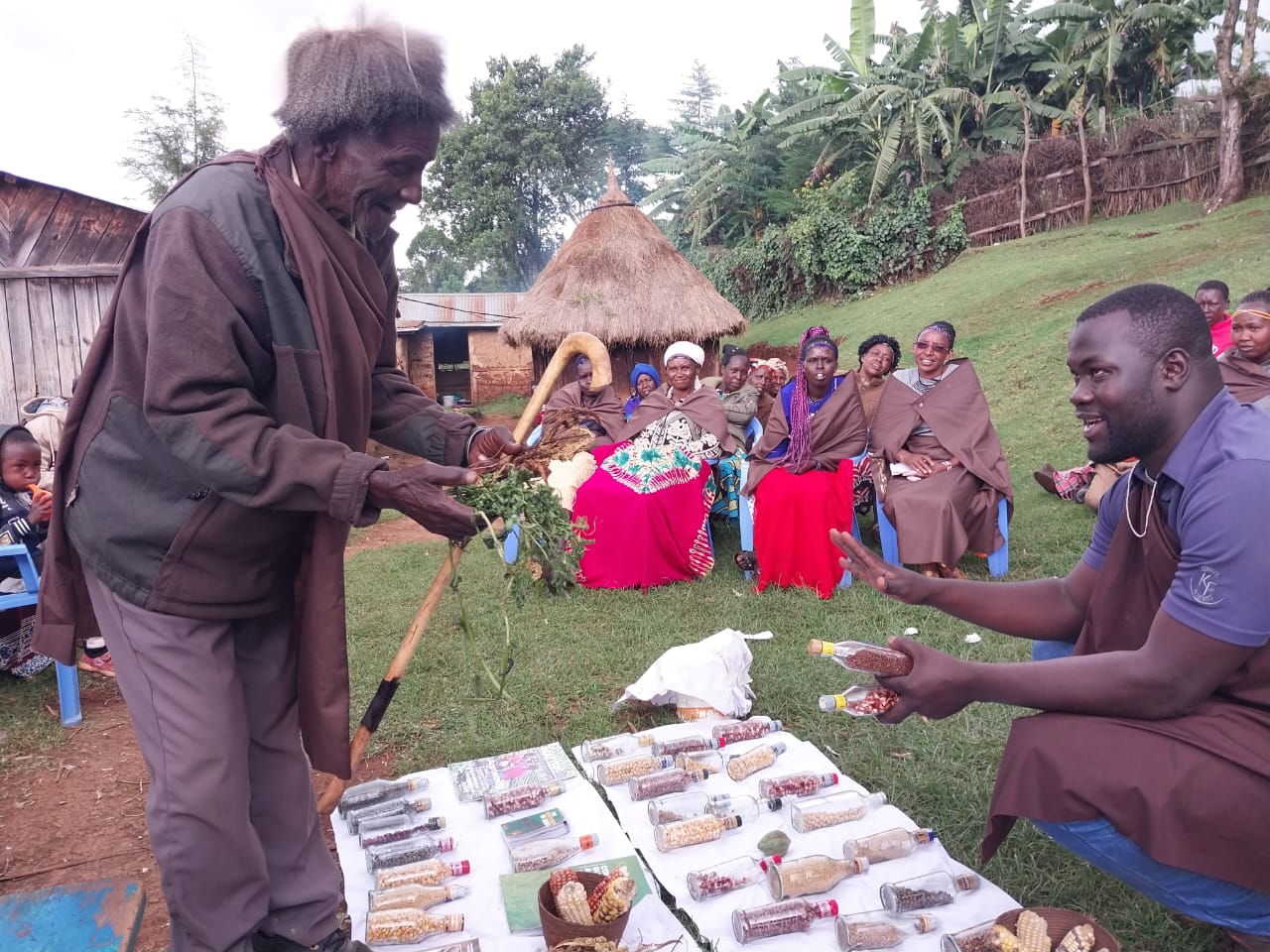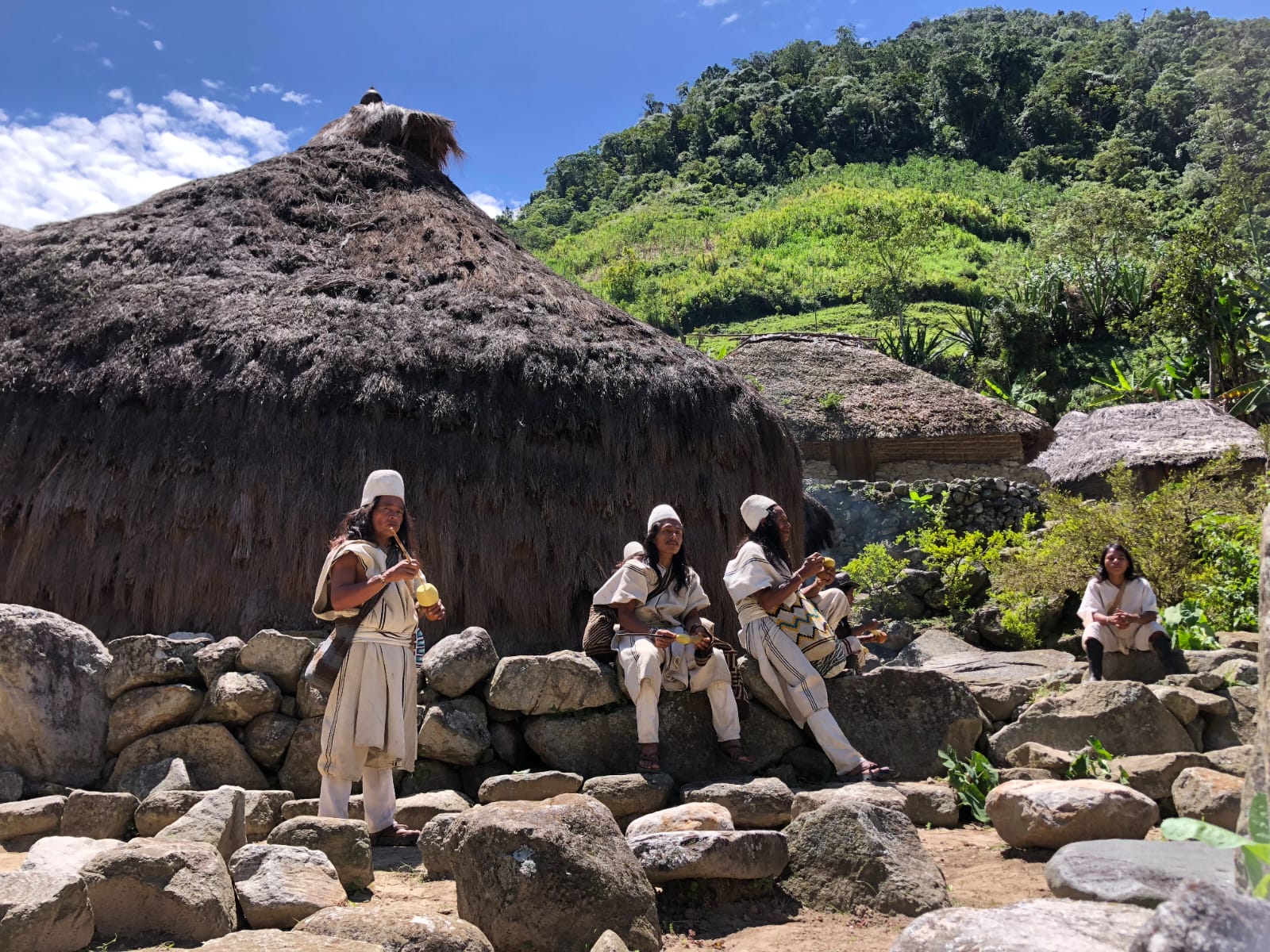In the Kichwa language, kawsari refers to a type of awakening, specifically the awakening to life. The Kichwa Indigenous People of Sarayaku thus named their First Meeting of the Peoples of the Living Forest (Kawsak Sacha) accordingly, held on their territory between the 25th and 27th of July.
The Kawsari brought together Indigenous peoples from the Ecuadorian, Colombian and Peruvian Amazon with the aim to refine their proposals to sustain life on Indigenous territories of the Amazon, share experiences regarding their self-determination and autonomy, and commemorate the 10th anniversary of the Inter-American Court ruling (Sarayaku vs. Ecuador case) that determined the mandatory standards for the exercise of free, prior and informed consent (FPIC) and marked an enormous victory for Indigenous territories threatened by extractive activities.
The Kichwa People of Sarayaku have called for a need to multiply the actions to defend and promote the self-determination and self-governance of Indigenous peoples as the most effective mechanism to secure the rights of nature and to face the challenges of environmental justice of the 21st century.
From the work of Sarayaku, the world has been reminded that in Indigenous worldviews, forest is an immense living organism where animals, plants, human beings, and spiritual beings coexist and protect all forms of life of the Living Forest, or Kawsak Sacha in the Kichwa language.
With this in mind, the Sarayaku people continue to develop political and legal tools to defend the Living Forest. One of these tools is their autonomous protocol of free, prior and informed consent that was published in the Kawsari gathering. The protocol is first of its kind in Ecuador. It is the first normative framework, autonomously developed by an Indigenous people, to regulate the ways in which they wish to be consulted and to give or withhold their consent to projects that affect their territories. The protocol is the result of almost two years of meetings, assemblies, working groups, research, and discussions around Indigenous peoples’ right to free, prior and informed consent.
We at Land is Life are honored to have supported the Kichwa People of Sarayaku with technical and financial assistance in the design of their autonomous FPIC protocol. Given the challenges faced by Indigenous peoples in realizing this right, Land is Life is working with communities in the development of community-led protocols for the proper implementation, monitoring and review of FPIC processes.
The Kawsari gathering reminded its attendees that the integral respect for Indigenous peoples’ rights, their territories, and their own forms of government, constitutes the correct path and the best mechanism to preserve life in the Amazon, in all the territories of the Indigenous peoples of the continent.

